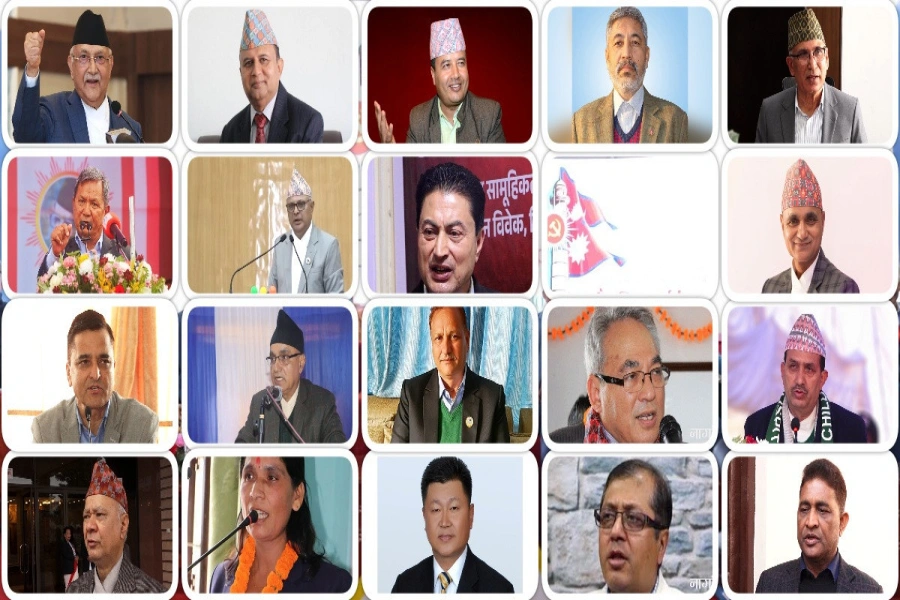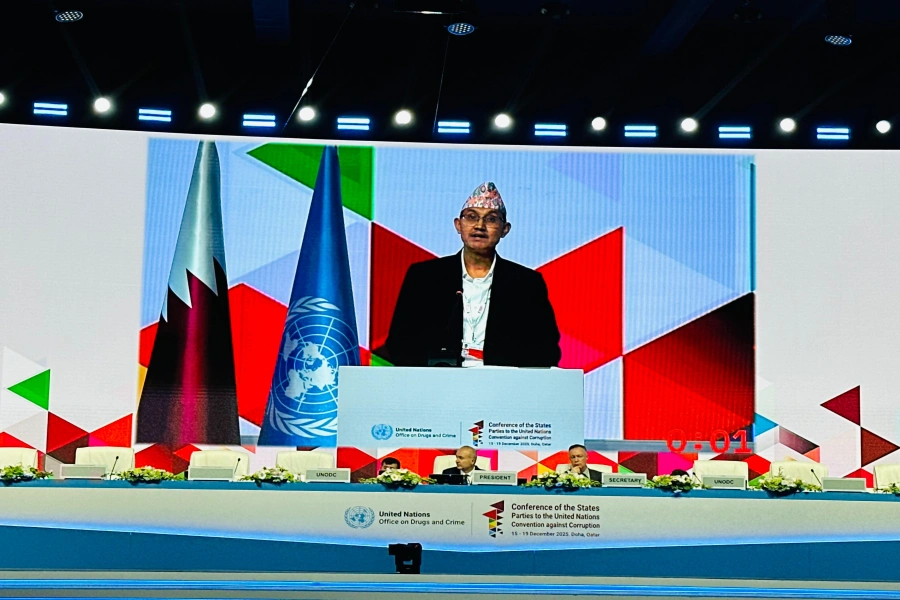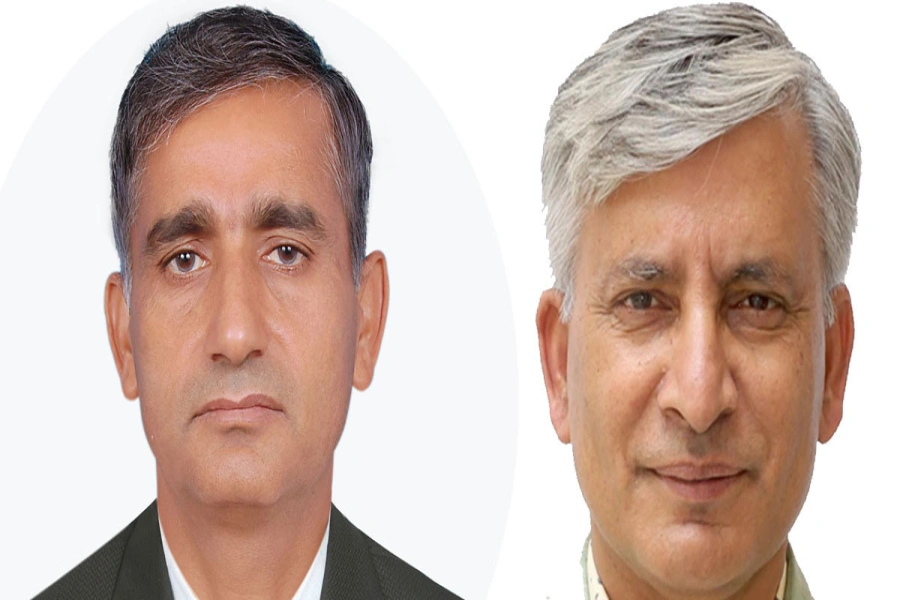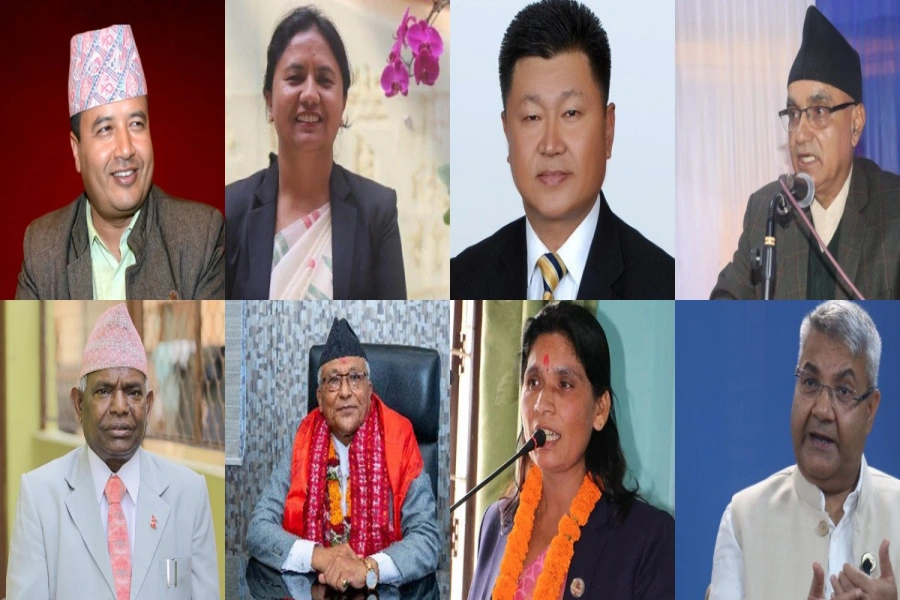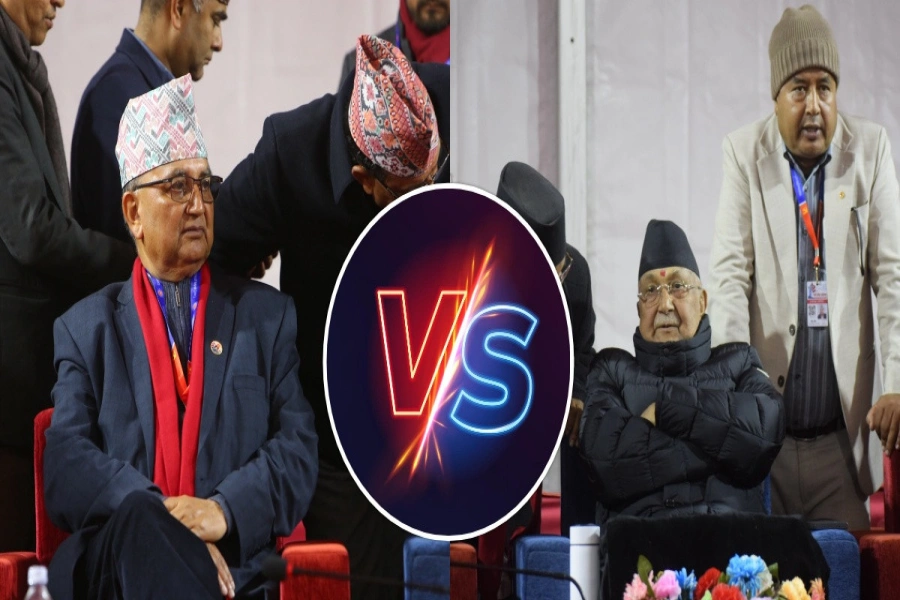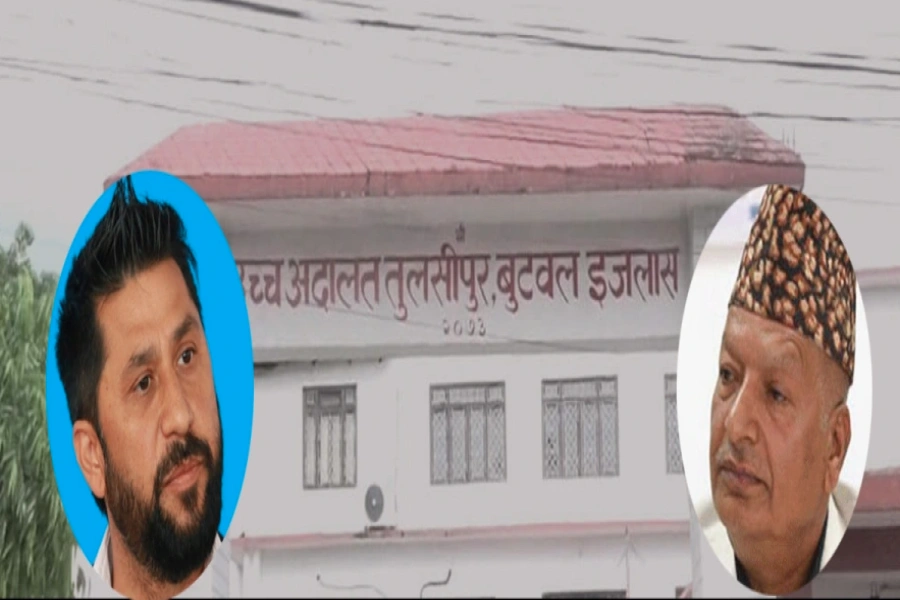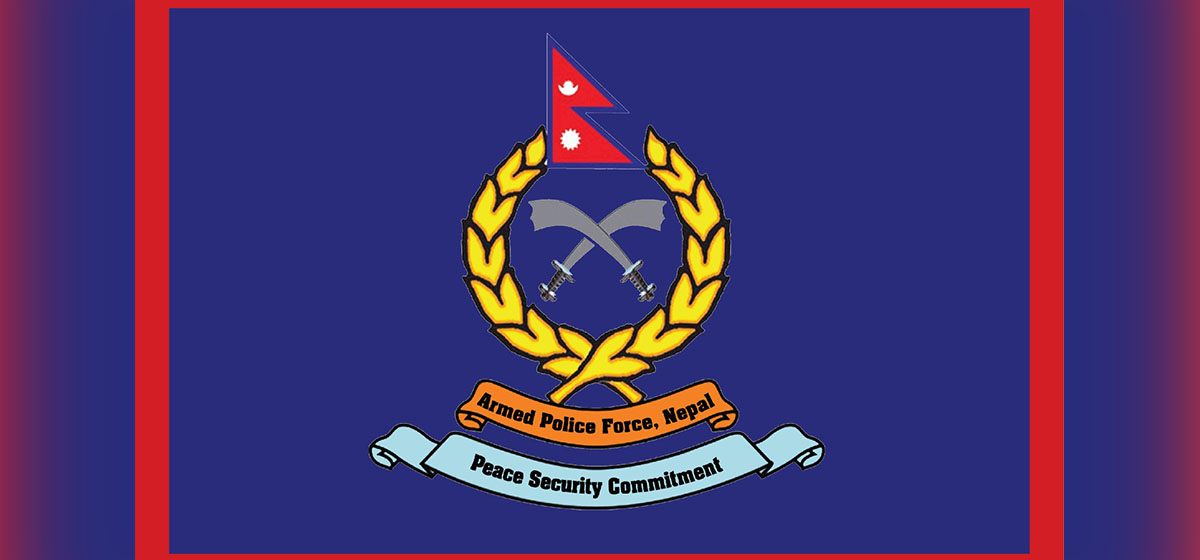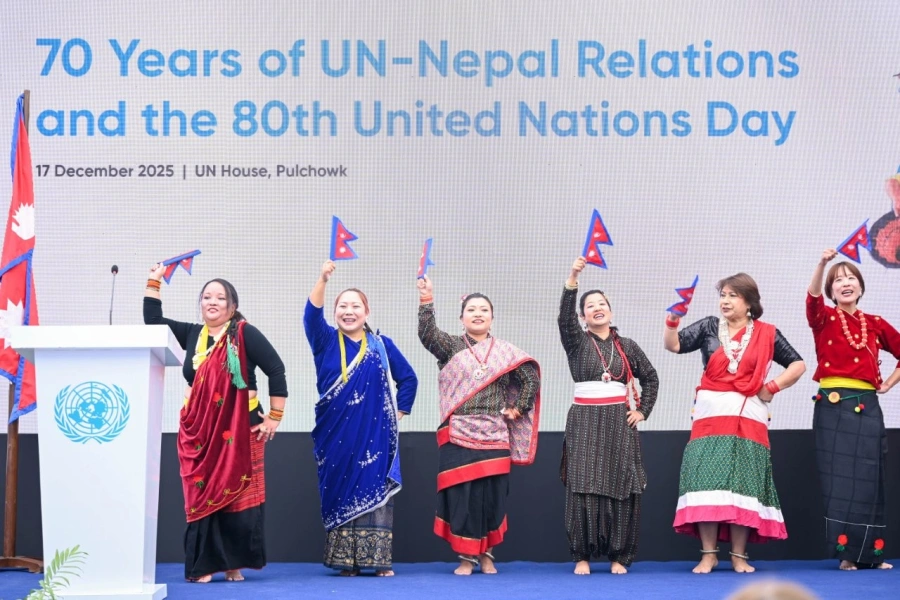Individuals in an open society should be able to voice their opinions, even if they are wrong. Larger the debate, greater the awareness among people
Arrest of Pranesh Gautam over video review of a film has raised the question of if people actually have the freedom of expression and a right of forming opinions. Meme Nepal produced a video where comedian Pranesh Gautam gives his satire-filled remarks on Nepali film Bir Bikram 2. The video is expletive and tells the viewers that the movie is not good. The makers of the movie took as offense and filed the case against Gautam. Police took Gautam in custody and held him there for nine days before he was released.
Gautam utters profanities and uses some graphic language while reviewing the movie. While some people take it normally, others have found it as rude and offensive. But it is still a thought of an independent person who lives in a state supposed to be governed by constitutionalism.
We find satirical opinions and aggressive humors being used as comic reliefs by many comedians in various parts of the world. Such humors are parts of dark comedies that have been here for centuries. Take “A Modest Proposal” by Jonathan Swift. He writes that the poor should sell their children as food for the rich. This was a satire on Irish state which was being cruelly indifferent toward children. The general mass would be shocked if these sentences are taken literally: “A young healthy child well nursed, is, at a year old, a most delicious nourishing and wholesome food, whether stewed, roasted, baked, or boiled; and I make no doubt that it will equally serve in a fricassee, or a ragout.”
But here Swift is sending a strong message to the policy makers that they must be kind to children. He has used dark humor to ridicule and mock the socio-economic situations of the time.
Desperate search for missing girls as nearly 80 dead in Texas f...

Probably one of the most famous works of Swift is Gulliver’s Travels, another satire, which has been handed down to children from generations. Swift who publicly mocked the system and the society in his writings was never put into custody and did not have to be liable to punishments for rendering his thoughts.
If a state fundamentally guarantees freedom of expression then it also guarantees a right to offend. The right to offend is crucial to exercising the freedom of expression. Opinions and expressions are not agreed upon by all the listeners and some might find them offensive but democratic nations accept offensive speeches, including satires and mockery. Thus we have satirical shows like the Simpsons, Family Guy, dark humor shows like South Park, Rick and Morty, Mr Pickles and comedians like George Carlin, Doug Stanhope, Bill Hicks, have all been accepted by societies as comic reliefs.
People debate the contents of these shows. Some agree, others disagree. Disagreements raise questions and people engage in debates. But if we are easily offended by someone’s expression the room for debate ends. Clinical Psychologist Jordan Peterson says “in order to be able to think, you have to risk being offensive.”
If speeches are restricted then we will only have ideas that are ‘allowed’ or that is agreed by an institution or a group. These ‘allowed’ ideas will leave no room for debates. Thus if someone is offended over someone else’s expression then he/she should opine back against such expressions. Nepal is in dire need of critical opinions on every issue. Humor and satire should therefore be welcome.
Pranesh Gautam’s case shows that a part of our society is still afraid of brutally honest opinions. People are easily offended over remarks that criticize their works. But what this part of the society fails to understand is that criticisms actually help the consumers build their freedom of choice. A consumer after hearing an opinion might abstain from using a product, or, he/she might use the product and know firsthand how the product has been made. This is freedom of choice, and the consumer choosing to use that particular product has the right to form opinions and distribute his/her expression to the public. This is a democratic practice.
It is actually barbaric to keep someone under custody for expressing his/her thoughts. This is against the very notion of fundamental rights of freedom of speech. When a person is held for expressing opinions, conscious and educated people refrain from voicing their opinions. The culture of debate suffers.
Individuals in an open society should be able to voice their opinions, even if they are wrong. The larger the debate is, greater the awareness among people. Harsher laws and limitations on freedom of speeches keep people from publicly expressing their thoughts, which ultimately robs people from being able to distinguish between the right and the wrong, good and evil. If freedom and liberty are restricted then a society will remain in a status quo. Unless and until people are criticized for what they do and not for who they are there should never be any problem in opinions and expressions.
What John Stuart Mill wrote in “On Liberty” in 1859 is relevant even today. Let me conclude by quoting an extract from that essay: “The peculiar evil of silencing the expression of an opinion is that it is robbing the human race; posterity as well as the existing generation; those who dissent from the opinion, still more than those who hold it. If the opinion is right, they are deprived of the opportunity of exchanging error for truth: if wrong, they lose, what is almost as great a benefit, the clearer perception and livelier impression of truth, produced by its collision with error.”
The author is a practicing lawyer based in Kathmandu
atit@ahnlegal.com



